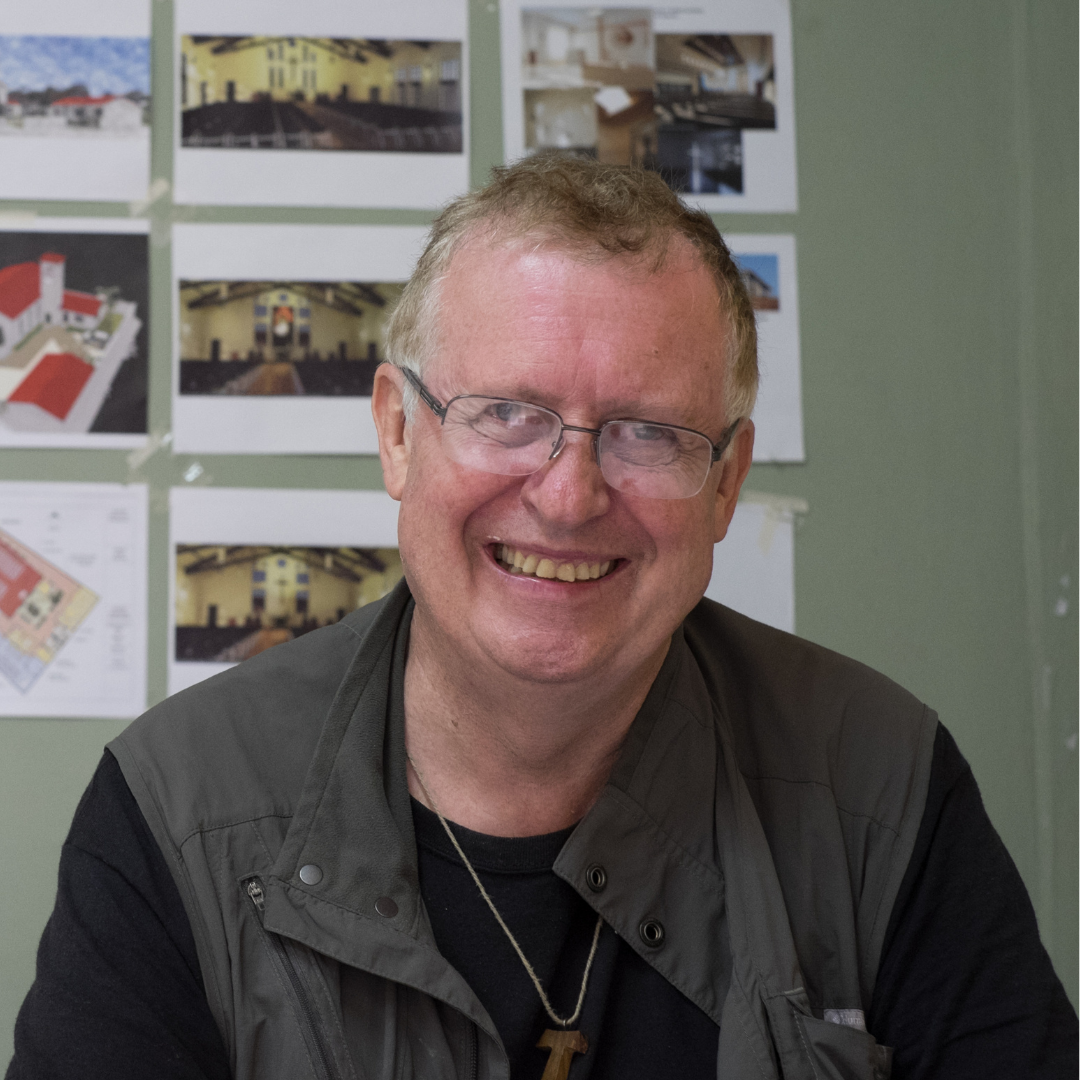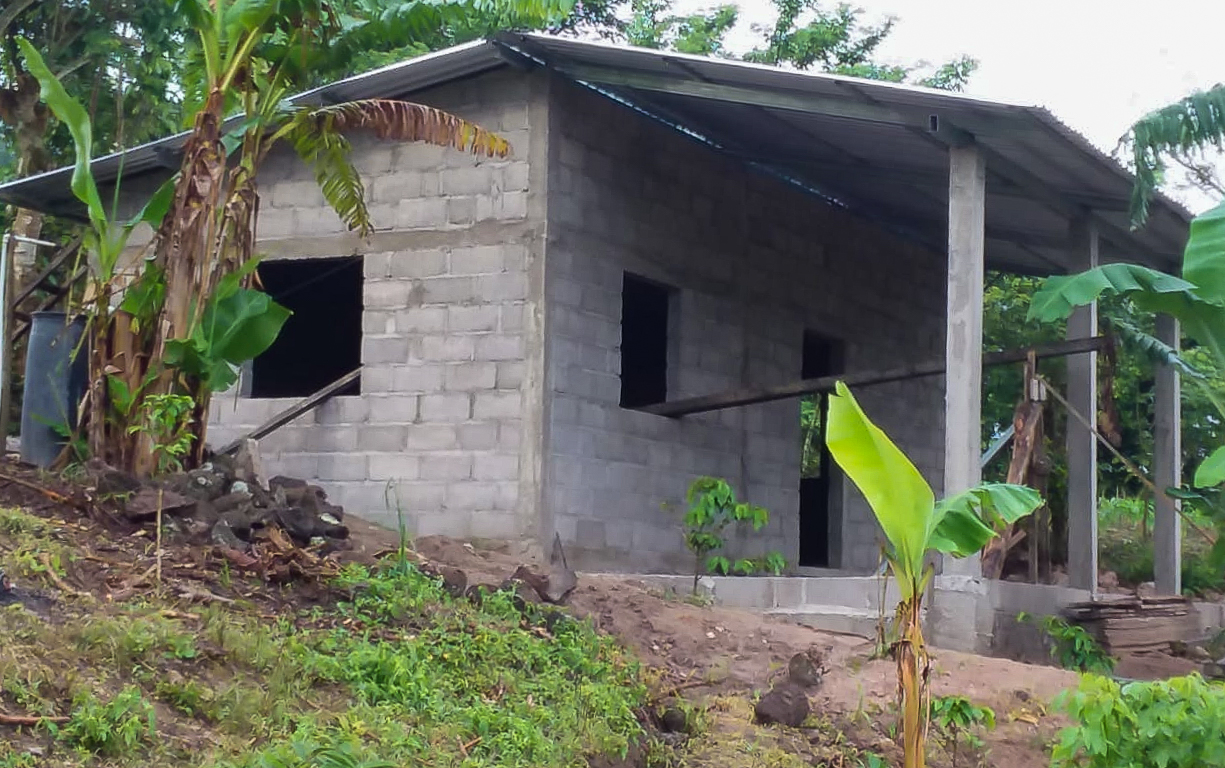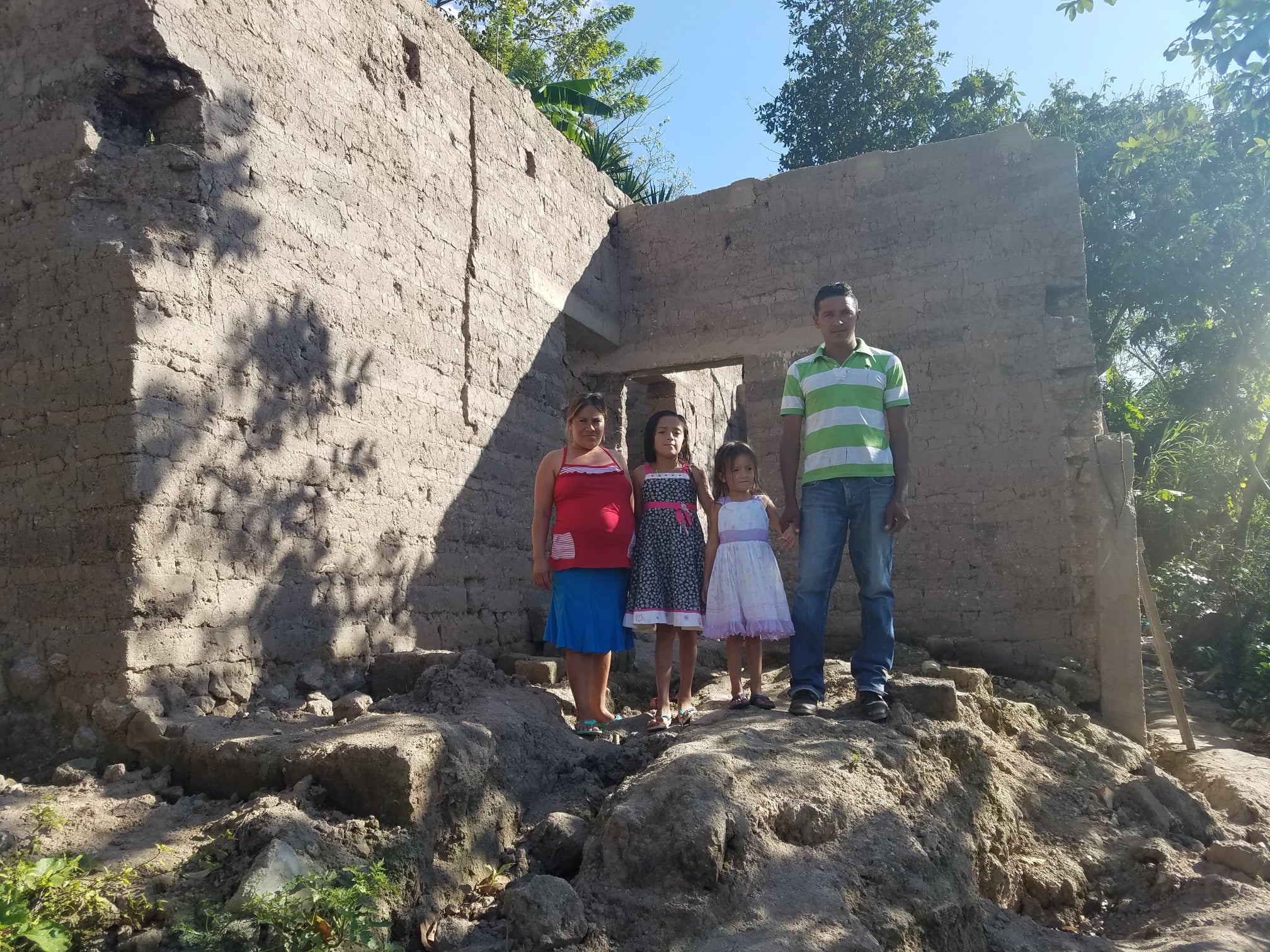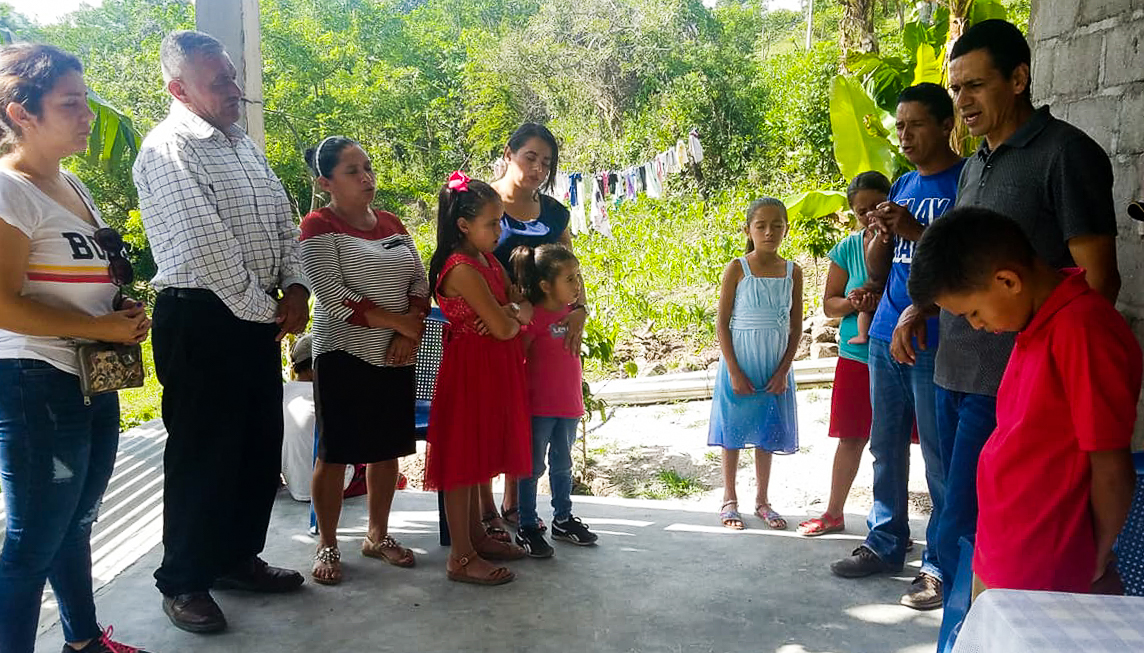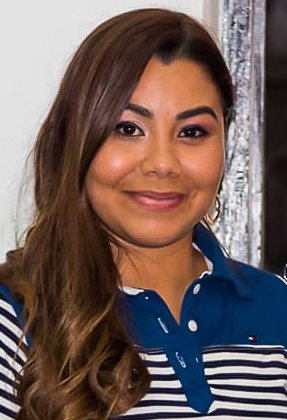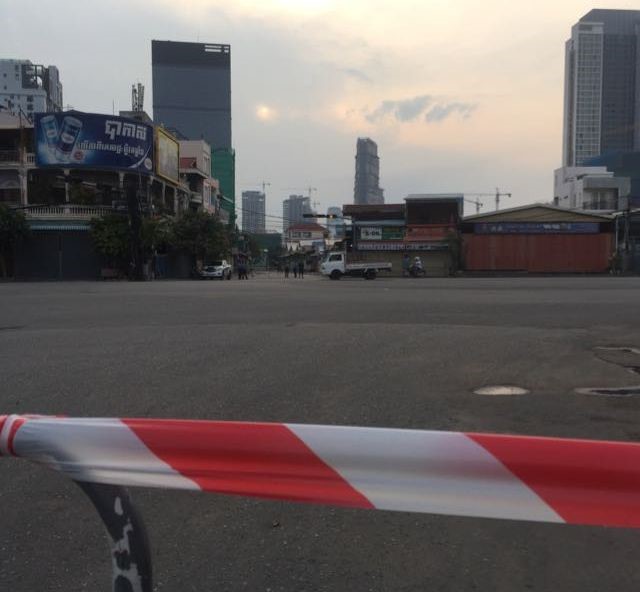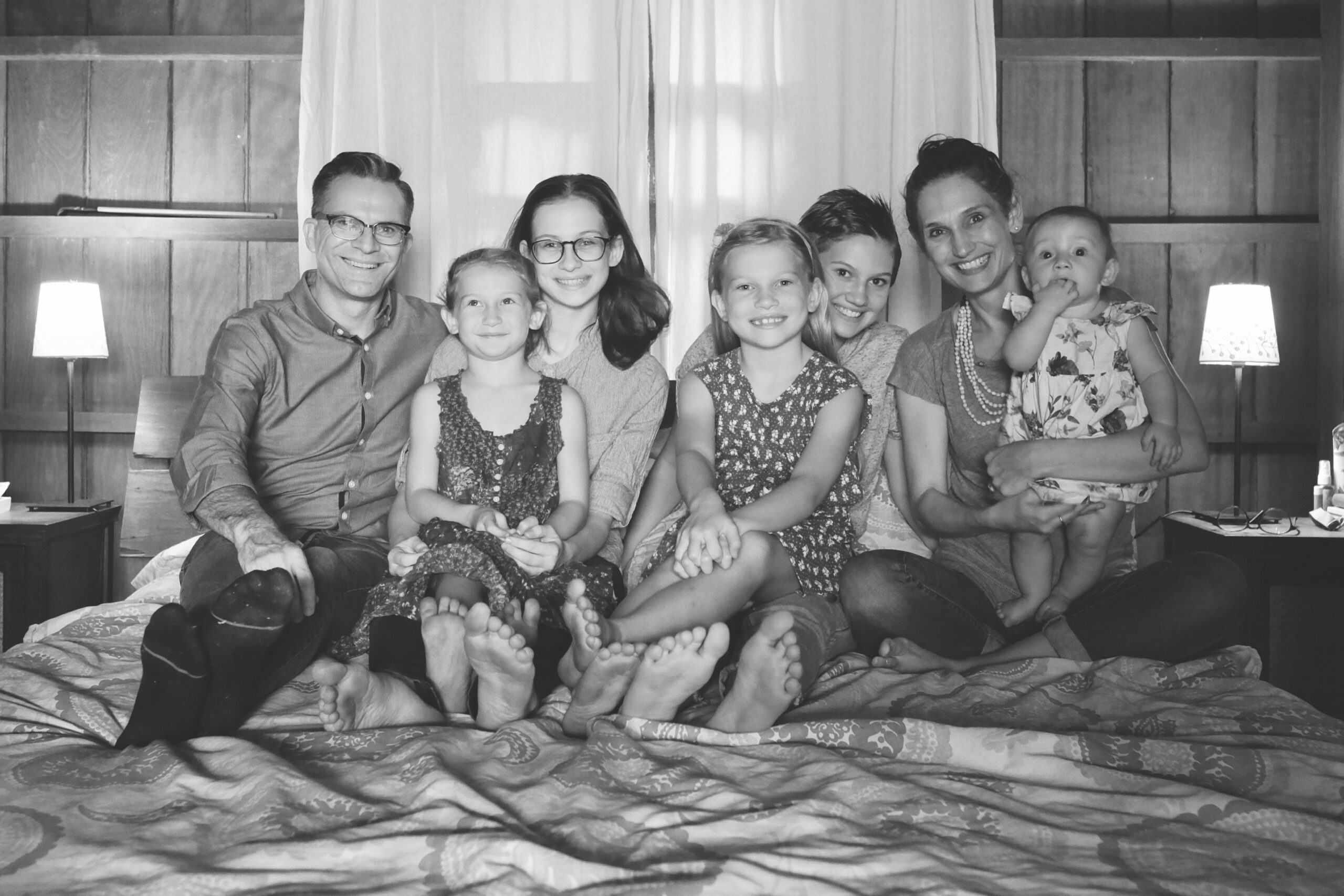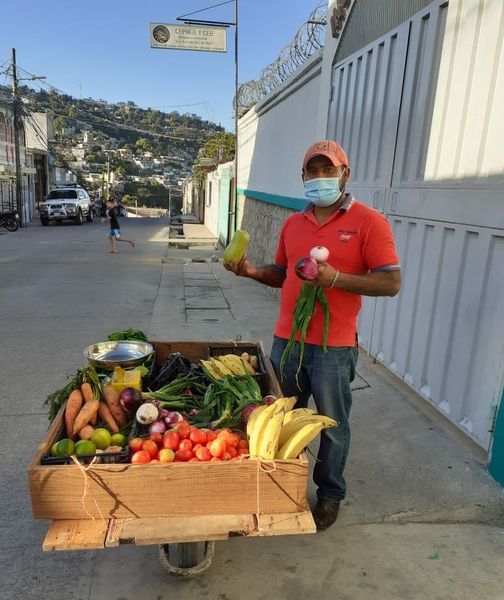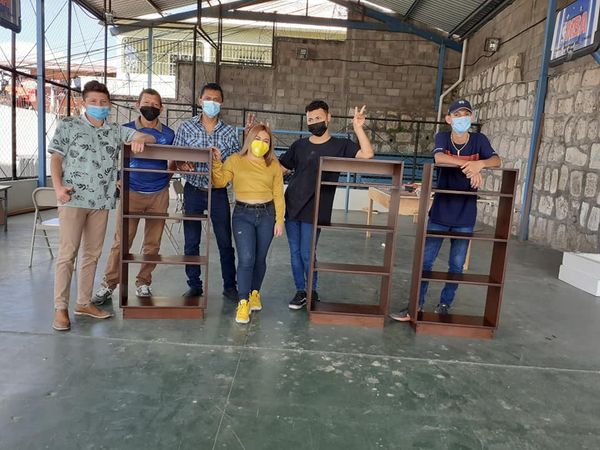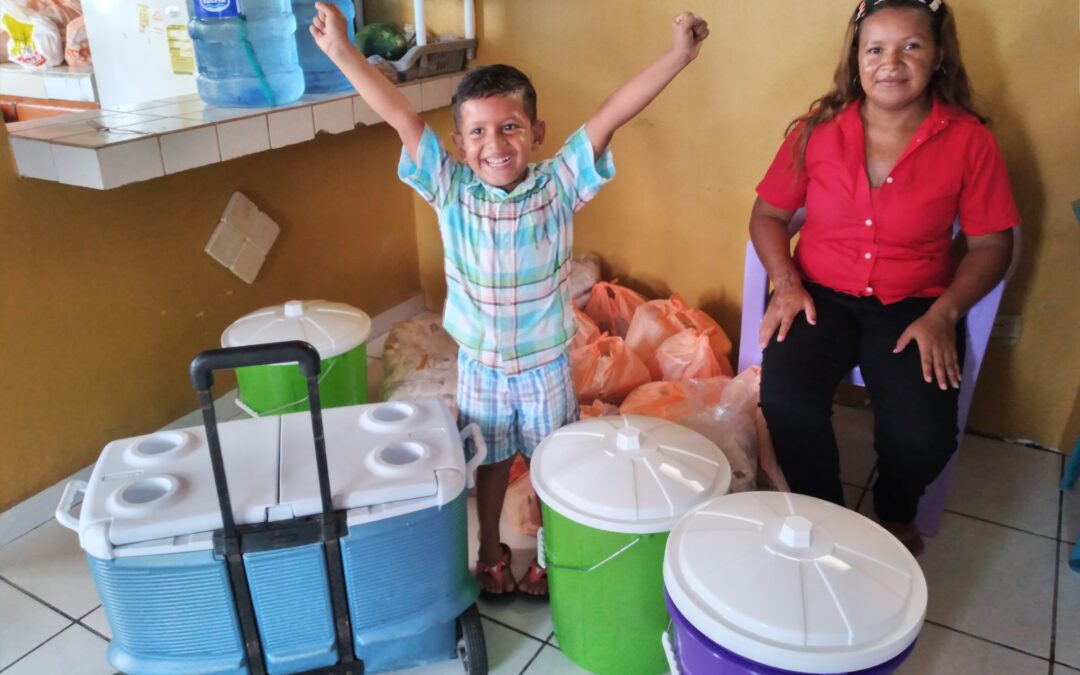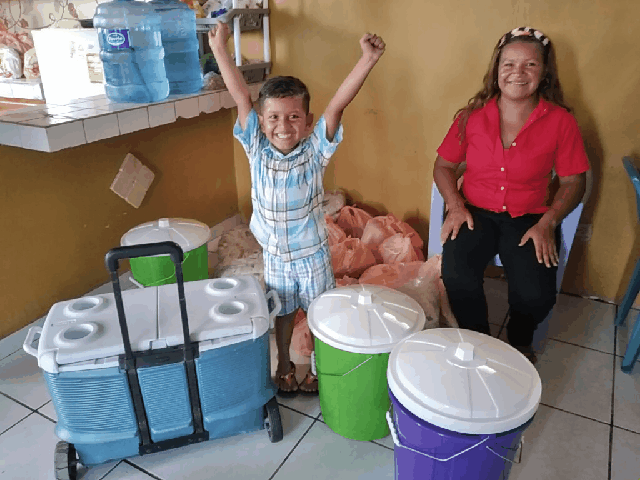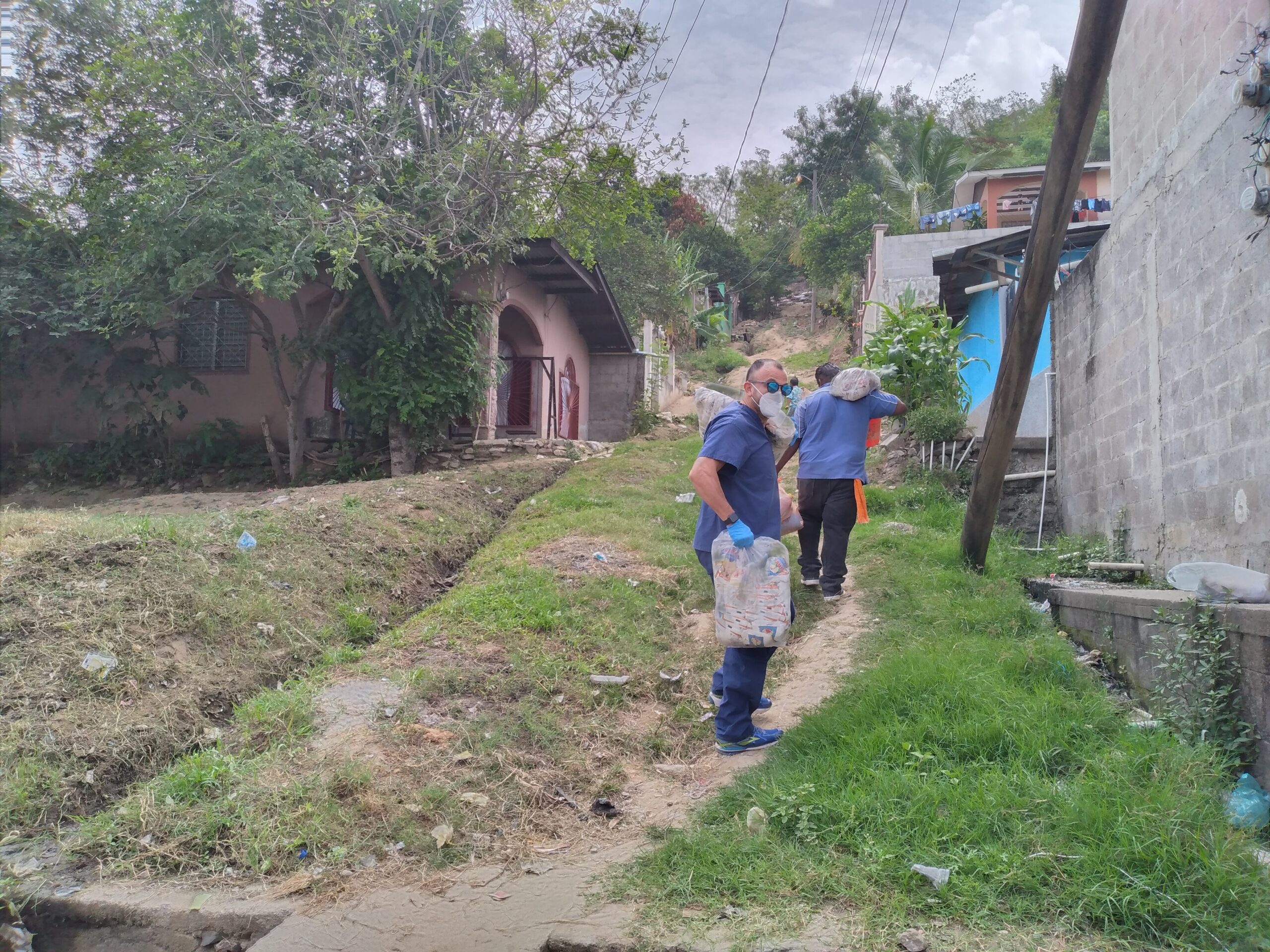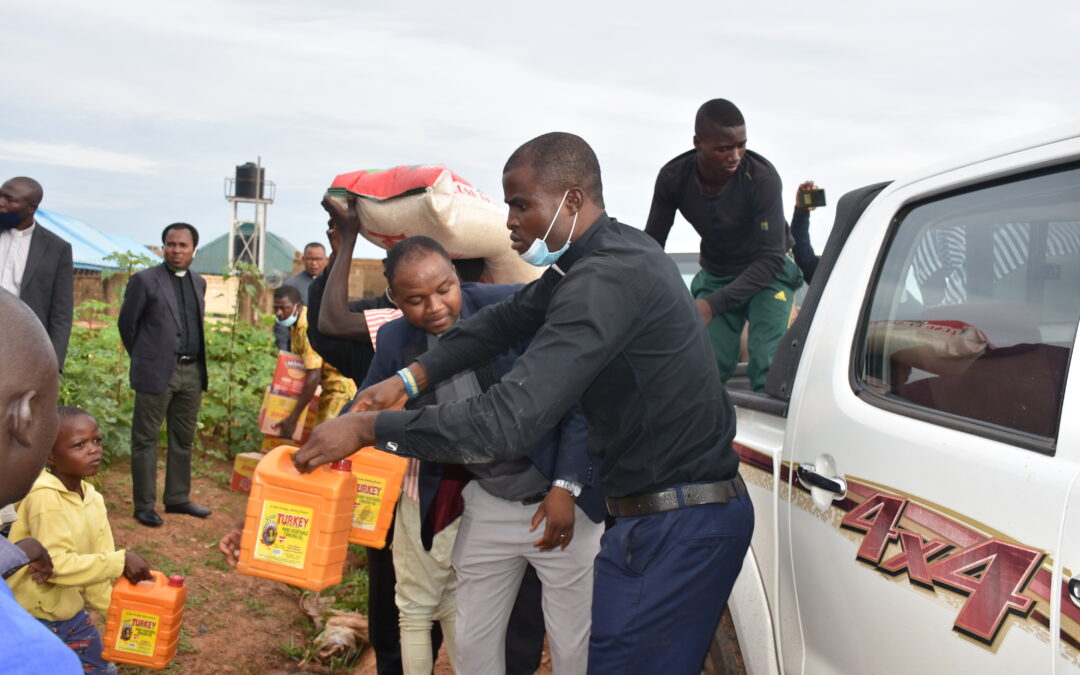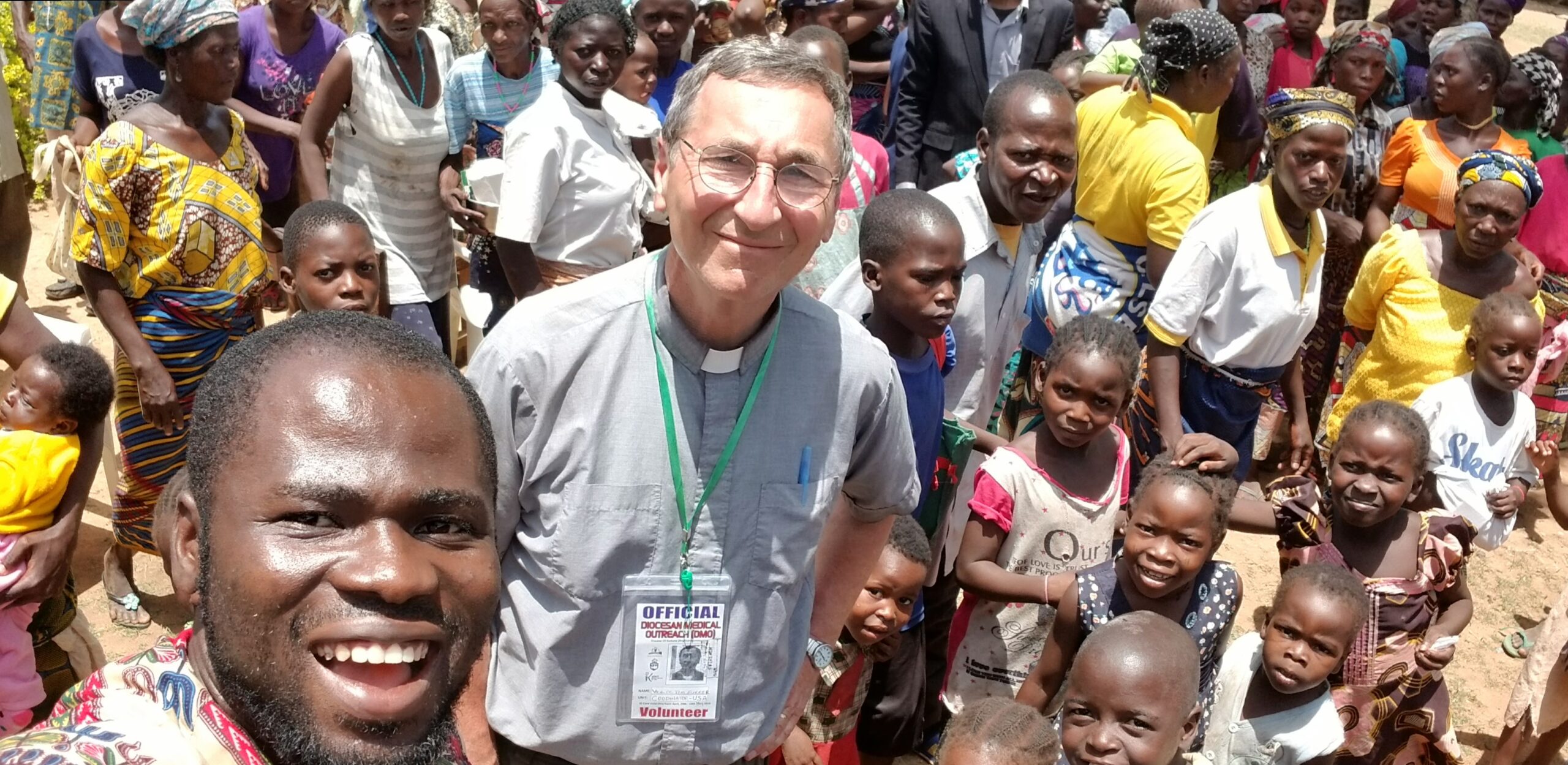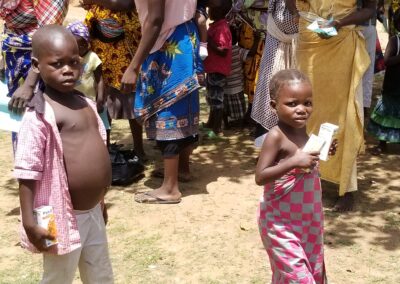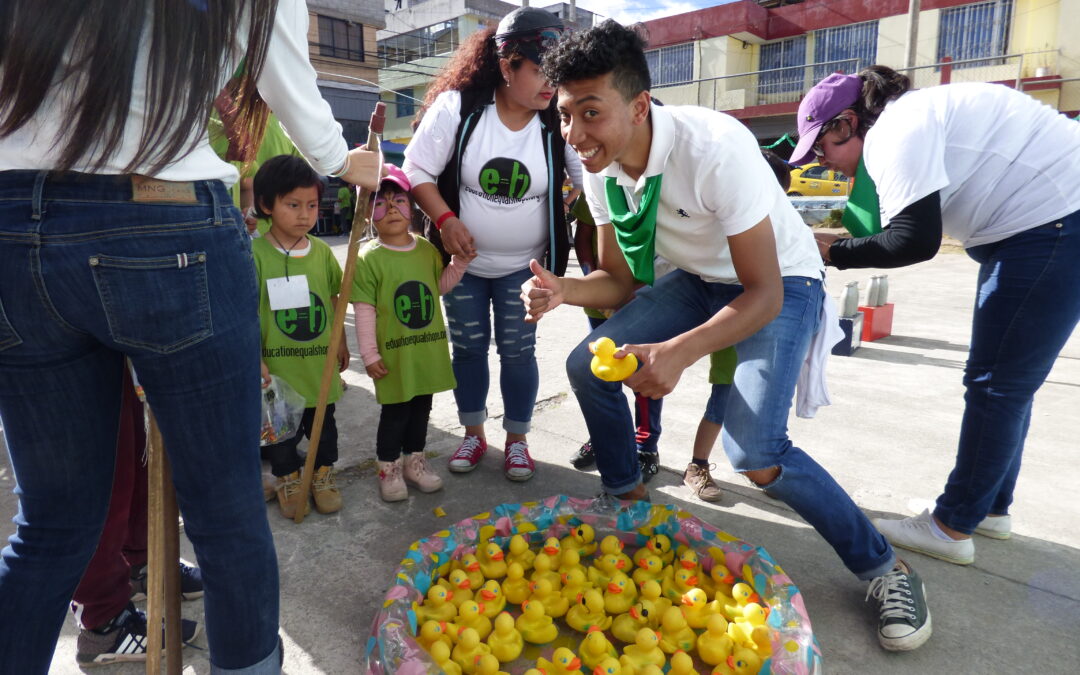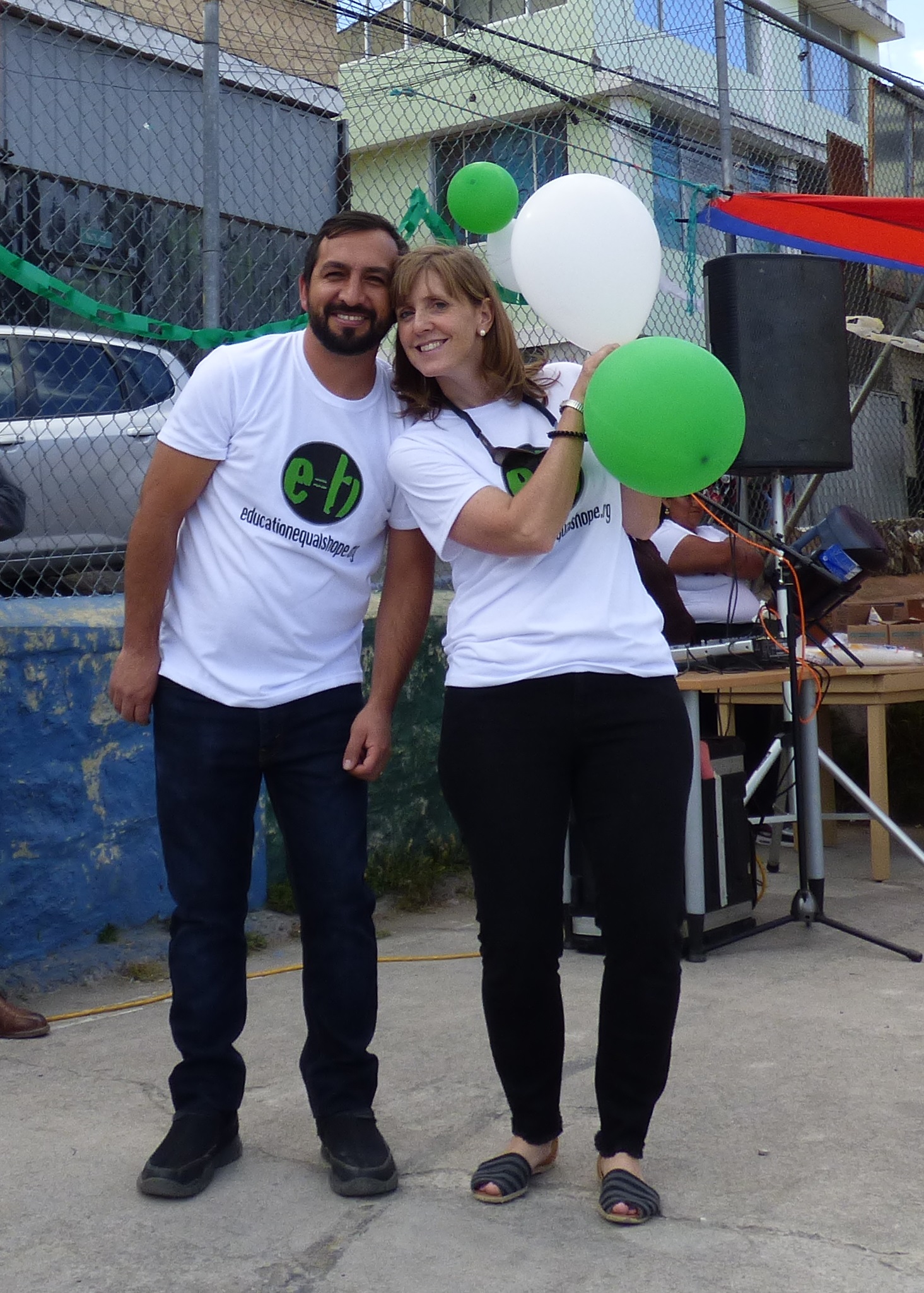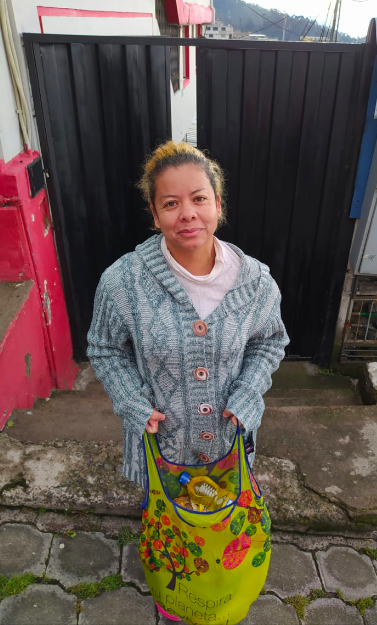By Kim and Michael Miller
We provide leadership for Hope of Jesus (HOJ), a Christ-centered project of the Honduran Episcopal Church, which desires a family for every child in its care. The mission of Hope of Jesus is to provide protection, daily care, education, spiritual formation, and emotional wellbeing for vulnerable children in need of temporary, out-of-home care accommodations, while encouraging their permanent family-based placement. The vision of Hope of Jesus is for each child to be placed in a permanent, loving family where he/she can achieve physical and emotional wholeness, and thrive in the love and acceptance of Christ.
A Home and Supportive Community for Vulnerable Kids
Hope of Jesus Children’s Home is a refuge for children who have suffered traumatic events, requiring them to live in out-of-home care accommodations as wards of the government.
During the initial gatekeeping process done by DINAF (Honduran Child Protection Services) a decision is made in the best interests of the child to remove the child from their family home. At this point, the child officially becomes a ward of the state of Honduras and enters formal out-of-home, alternative care until they can be reunited with their family of origin or be appropriately placed with a foster or adoptive family. The reason for a child’s removal from the family home can vary greatly from severe, prolonged abuse of the child to a momentary economic crisis. However, once the child enters formal out-of-home care, they can become lost in the system. In many cases, the momentary crisis has passed, but now the family isn’t able to locate the child due to fear or ignorance of how to navigate the system. HOJ helps stabilize this process for children and families. HOJ Children’s Home desires to: improve each child’s social-emotional wellbeing by reducing the amount of time spent in a residential care facility, connect each child with a stable family, become a national leader among small group homes in Honduras, and become a model transitional care option in the northern region of Honduras.
Hope of Jesus Family and After-Care Services monitors the holistic wellbeing of children who leave HOJ Children’s Home, either through family reunification or reintegration back into the community as a young adult. HOJ Family and After-Care Case Workers coordinate professional social and mental health services for families who have potential for reunification, coordinate spiritual care through the local church, and provide economic empowerment when necessary.
HOJ maintains the philosophy that poverty or opportunity level should not be a barrier to a child being reunified with their family. Therefore, HOJ is committed to working with a select number of high potential families to facilitate positive change, which could empower the family to receive their child back into a safe, loving, and permanent environment.
HOJ’s team of professionals licensed in social work, psychology, and law evaluates and monitors each child’s case. The team represents the child and the family to support the best permanent placement for each child, then moves the child and their family through the social welfare system and back to stability.
Hope of Jesus Response to COVID-19
The dedicated staff at HOJ Children’s Home took immediate action in response to COVID-19 to keep our kids safe and prevent the spread of the virus within HOJ. Staff members and children were trained in how the virus was spread and a special protocol was developed to minimize risk of infection to children and staff. Family visits were suspended for those children who have extended family members, and schools began virtual instruction.
Virtual education is one of the biggest challenges HOJ has faced during the COVID-19 crisis. Our children attend five different schools, each school with a different way they are communicating instruction. We did not have an on-site educator to work with the children and supervise their instruction, help them with using the computer, and keep track of assignments being turned in on time, so these duties were spread out amongst the support staff members. However, the workload became overwhelming.
A SAMS World Relief Fund (WRF) Grant allowed us to hire an unemployed educator in the community. This educator directly assists the children and ensures they are meeting expectations and receiving a quality education, even in the midst of a crisis. Without the much-needed funds from the WRF Grant, we would not have been able to hire a temporary, full-time educator and our kids’ education would have suffered.
Overcoming additional workload and responsibilities while coordinating a virtual education for the kids was a significant challenge, which was compounded by almost daily power outages during months of quarantine. Power outages are still occurring weekly and for extended periods of time, causing the children to lose valuable instruction and get behind in assigned work, reducing communication with family, and making it difficult to keep refrigerated foods from spoiling.
In March, to reduce the spread of the virus, the Honduran government issued a mandate that people can leave their homes only one day a week to buy supplies and do banking. This mandate has continued throughout the crisis and has just recently been extended to two days a week. HOJ had to receive a special permit to allow our employees to continue working and traveling during the quarantine; because caring for children is a twenty-four hour a day job, which doesn’t stop during global pandemics, floods, or hurricanes.
From the beginning of the COVID-19 crisis, our direct-care staff members (the caregivers of the children) have worked longer shifts to minimize the possibility of infection, but this has meant long absences from home for them during a very uncertain time. Support staff members (psychologist, social worker, administrator, director, maintenance man, etc.), who live outside our village, moved on-site during the week to minimize infection and reduce transportation costs. Our direct-care staff provides meals for the support staff, and our maintenance man has become our chauffeur. When public transportation was shut down in March, our staff had no way to get to work. So we began transporting staff members to and from work in order to minimize the risk of infection to our caregivers while using public transportation.
Even when they were under the increased demands of an overwhelming workload, the hardship of having to live on-site at HOJ, and at great personal risk to themselves, HOJ staff members have worked to serve others less fortunate than themselves.
HOJ has several children who have been returned to their families or have graduated from the home to live independently. HOJ also is currently working with several families in crisis so they can become stable and receive their children back. HOJ staff members used funds from a SAMS WRF Grant to provide groceries for these families during pandemic lockdown. Here are stories of two of the families (names changed), written by an HOJ worker.

